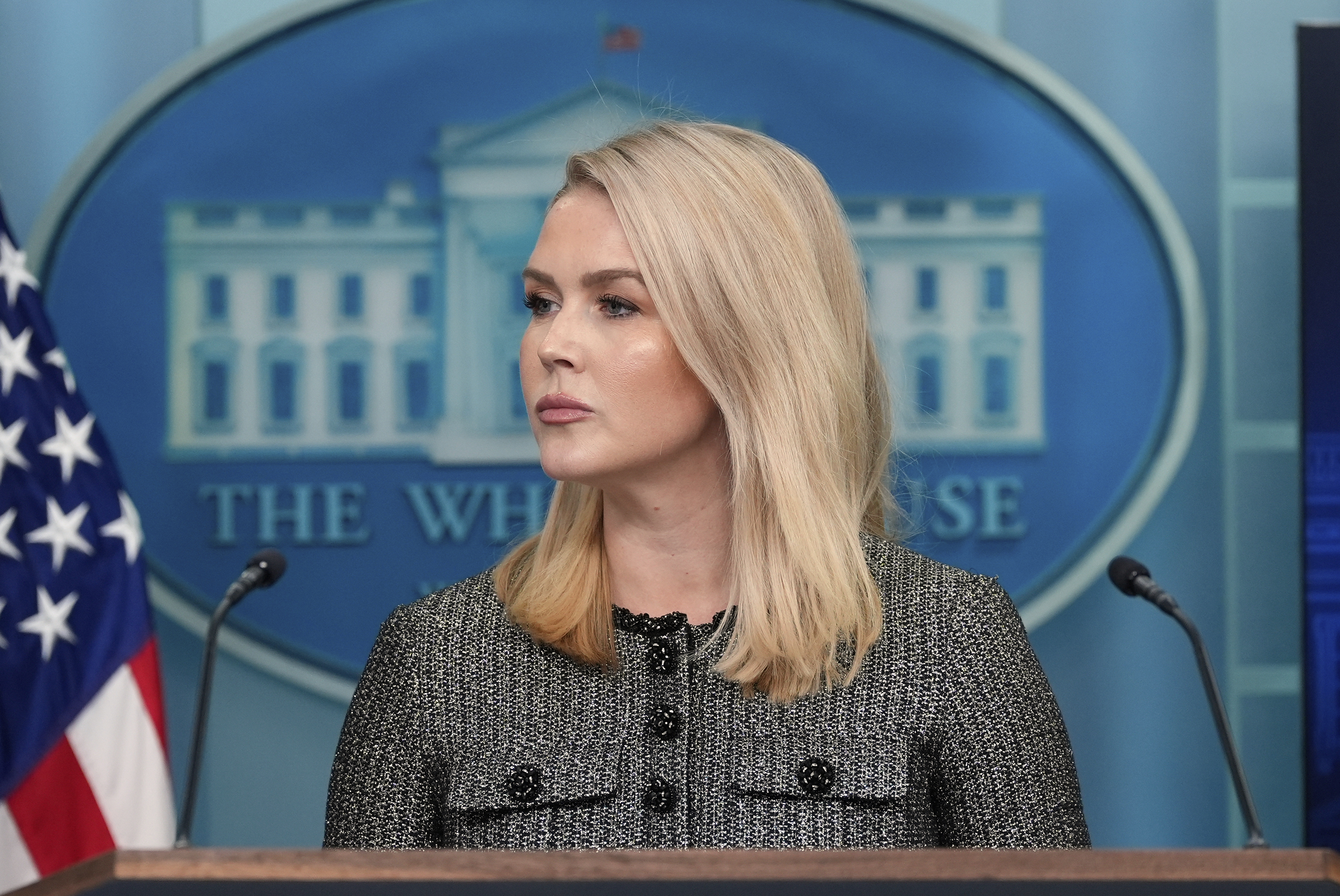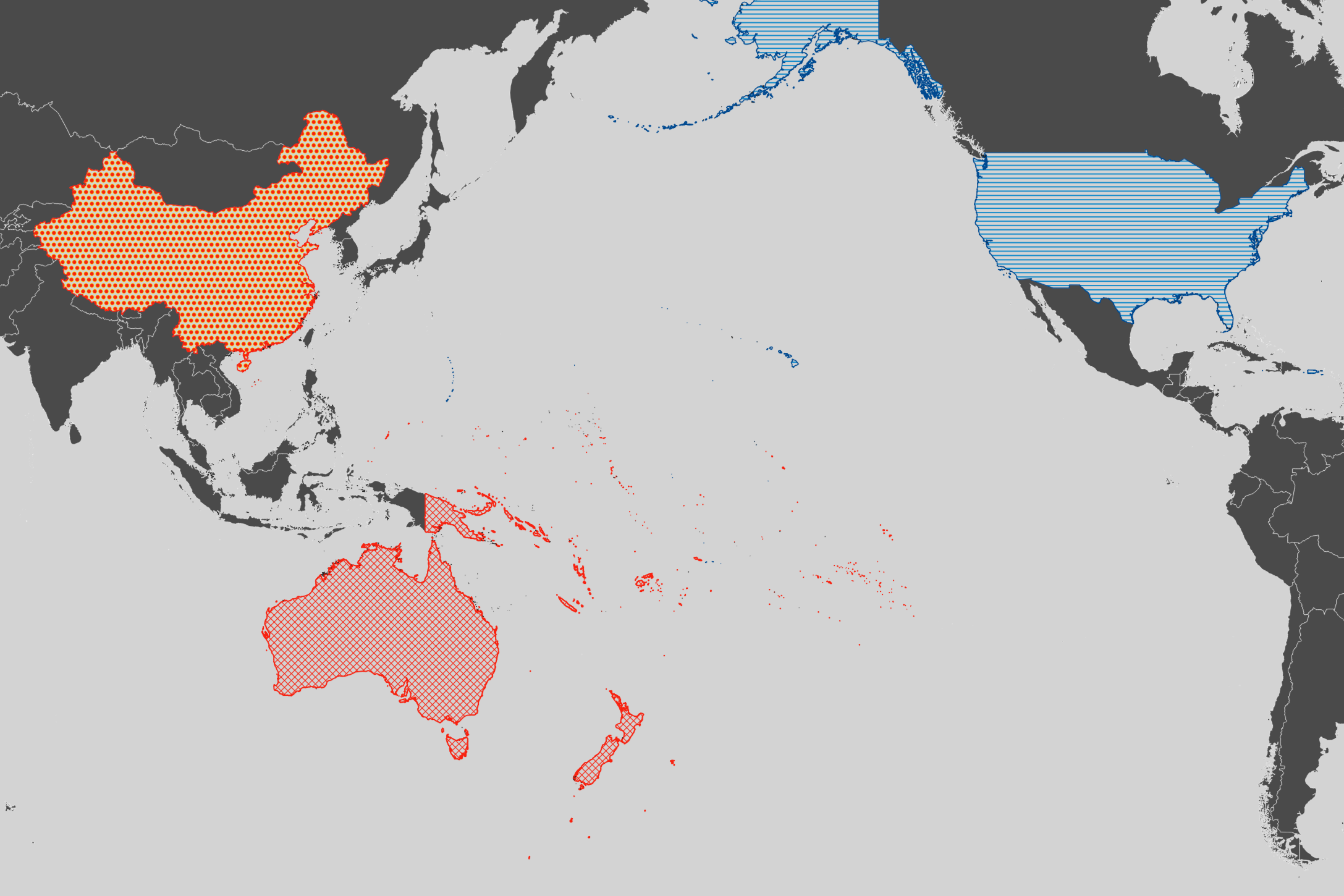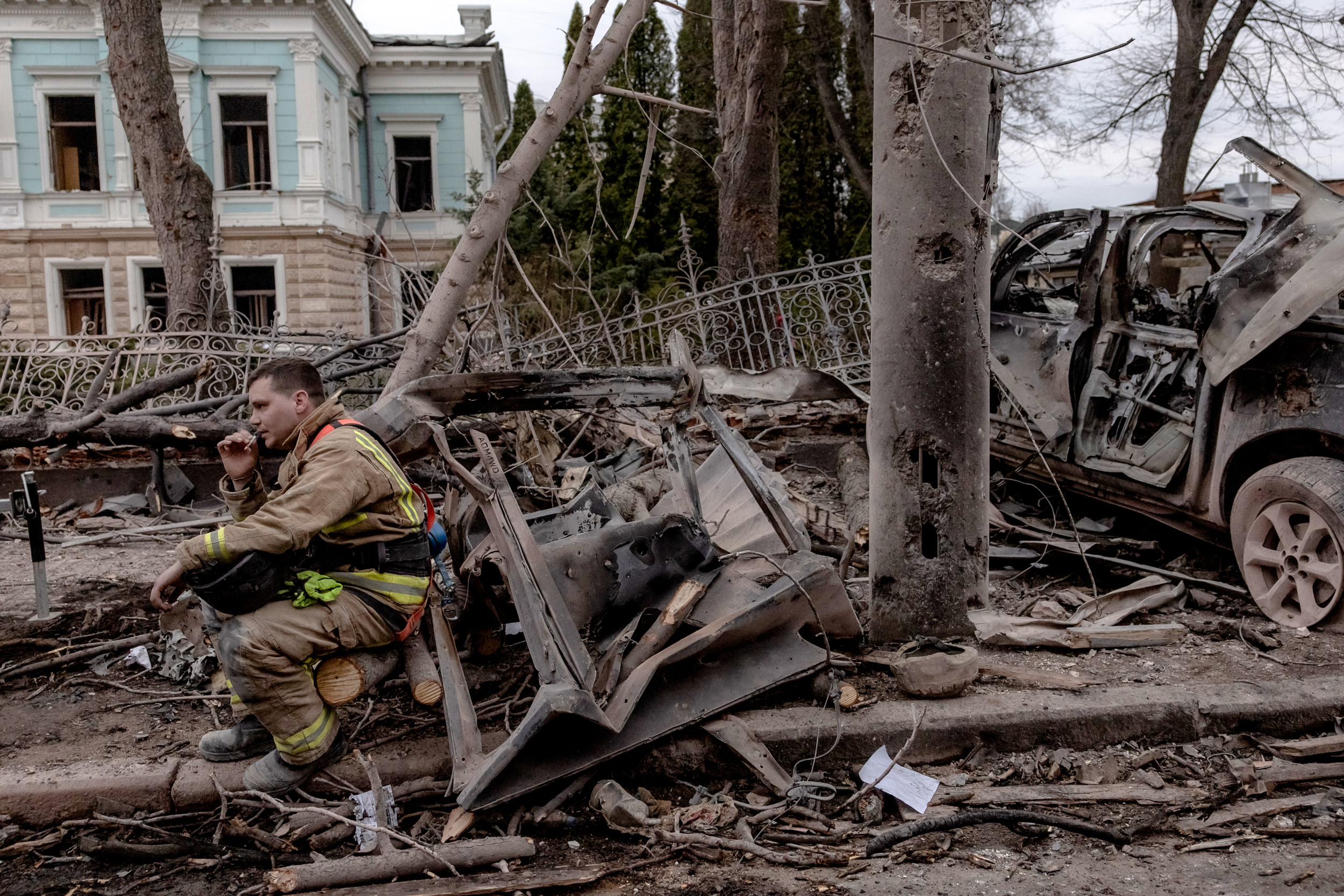🎙️ Voice is AI-generated. Inconsistencies may occur.
The mayor of the city of Douglas in Arizona has told Newsweek that residents can buy cheaper goods in Mexico after President Donald Trump rocked the stock market following his wave of tariffs.
"The tariffs will not impact us as much, as we can always cross to Mexico to buy goods such as tortillas, cheese, or snacks," Mayor Jose Grijalva, an independent, told Newsweek.

Why It Matters
Tariffs are taxes or duties imposed by a government on imported or exported goods. They are typically used to increase the price of foreign products, making them less competitive compared to domestic goods.
On Wednesday, the president announced that the U.S. will impose tariffs on imports from more than 180 countries, including a 10 percent "baseline" tariff on all goods. Trump also targeted about 60 nations, including key U.S. trading partners, for additional "discounted reciprocal tariffs" exceeding 10 percent, arguing that these countries engage in unfair trade practices.
Calling the move "liberation day" for the U.S., Trump framed the tariffs as a win for American industry. However, economists and experts warn that the sweeping measures could hurt U.S. consumers and push the global economy toward a recession.
What to Know
The Greater Phoenix Chamber told Newsweek they are "deeply concerned" about tariffs disrupting supply chains and damaging Arizona's agriculture and manufacturing sectors.
"In addition, the new tariffs will raises prices on goods that Arizonan's use on a daily basis. We urge the administration to prioritize constructive dialogue with trading partners to protect our local businesses and ensure long-term economic stability," the statement reads.
In his much-anticipated "Liberation Day" speech, Trump announced a 10 percent baseline tariff on all U.S. imports, along with reciprocal tariffs on several countries. These "reciprocal tariffs" target nations accused of unfair trade practices, with rates reaching 34 percent on China, 20 percent on the European Union and 24 percent on Japan.
Trump's widespread tariffs could put the U.S. economy "perilously close to slipping into recession" by driving up inflation and hurting consumer spending, JPMorgan's chief U.S. economist Michael Feroli said in a warning.
In January, Mayor Grijalva declared a state of emergency in Douglas in response to Trump's immigration crackdown.
The emergency declaration, which passed by a majority of 3-2, states that the border settlement would experience "a potential loss in revenue for [the municipal] government and local businesses" and "an increase in costs to assist the federal government in carrying out these proclamations and Executive Order."
Grijalva expressed concerns over Trump's emergency declaration at the southern border and the potential closure of the U.S.-Mexico frontier. He advocated against the declaration, citing possible financial repercussions for Douglas' revenue.
"We passed an Emergency Declaration anticipating a negative media impact on the executive orders," Grijalva said. "After passing that, the city sent a letter explaining the proclamation and that we're willing to cooperate with the federal government. We're just asking for federal help if our economy declines during the span of the executive orders."
What People Are Saying
Mayor Grijalva told Newsweek: "Immigration is a federal issue and we'll let the president handle that as we strengthen our relationship with our sister city Agua Prieta and other Mexican cities as we anticipate a new commercial port of entry and a growing demand for trade that'll grow our local economy."
The Greater Phoenix Chamber told Newsweek: "The Chamber strongly believes that cultivating mutual respect and understanding among nations is crucial for fostering sustainable economic growth. Through collaboration, we can ensure the competitiveness of our industries and the continued prosperity of our communities.
"We are dedicated to advocating for policies that promote the success of Arizona's businesses and the well-being of its residents. We urge the Administration to prioritize constructive negotiations and pursue solutions that benefit all stakeholders. It is vital that we avoid actions that could impede our economic progress and instead focus on creating a future of shared success and stability."
Peter Ricchiuti, senior professor of finance at Tulane University's Freeman School of Business, told Newsweek: "The tariffs will be matched by most targeted countries. Tariffs have never worked. They're prosperity killers."
What Happens Next
As the impact of the new tariffs begins to unfold, it remains unclear how long the trade tensions will persist and what long-term consequences will emerge for both local economies and international relations. The potential ripple effect on businesses reliant on cross-border trade and supply chains is significant, especially in states like Arizona, which have close economic ties with Mexico.
fairness meter
About the writer
Billal Rahman is an immigration reporter based in London, U.K. He specializes in immigration policy and border security. He has ... Read more




